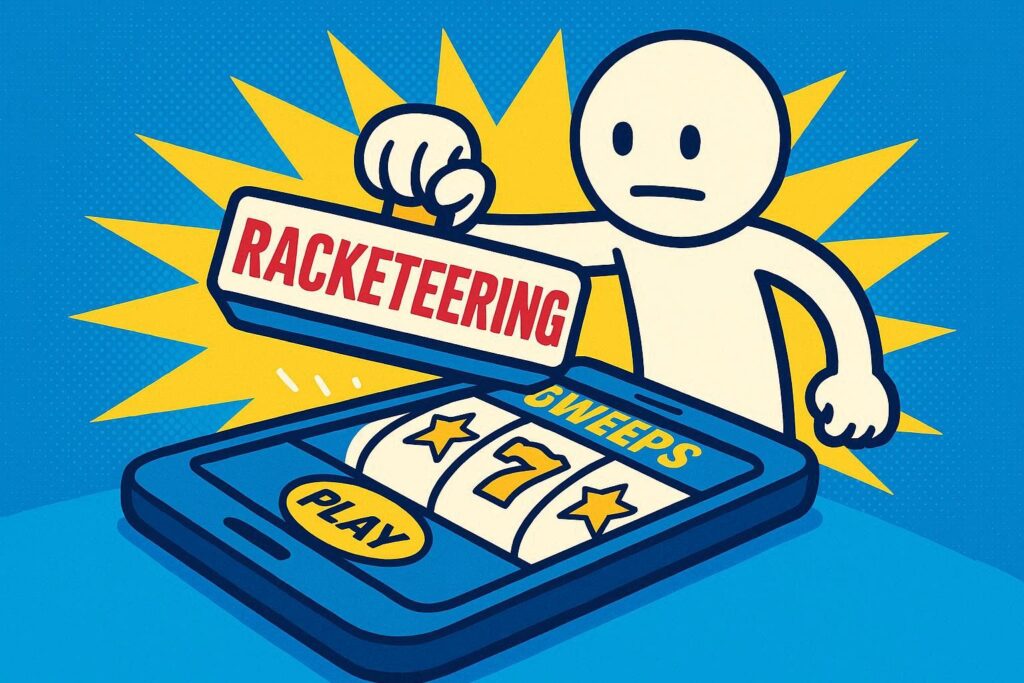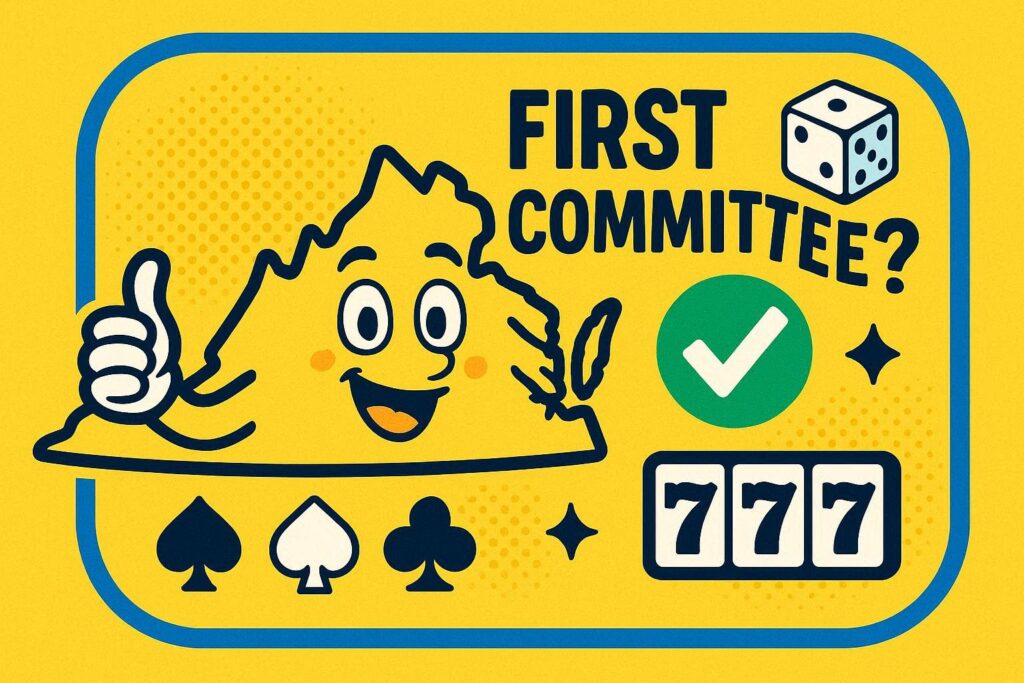Eyeing a piece of the state’s massive gambling pie, California tribes that have so far been shut out of the industry are clinging to hopes that AB 831 will be defeated.
The bill, which would ban sweepstakes casinos, has been met with no legislative resistance since being introduced by Assemblymember Avelino Valencia (D-Anaheim) in February. After flying through the state Senate by a 36-0 vote (with four abstentions) last week, it heads back to the Assembly, where it must be approved by the Governmental Organization Committee before being voted on by the full body.
AB 831 is on the GO Committee agenda today, Thursday, Sept. 11, and the legislature faces a Sept. 12 deadline to pass the bill and move it to Gov. Gavin Newsom’s desk.
UPDATE: The GO Committee passed AB 831 unanimously on Thursday.
The Assembly received the bill back from the Senate in a drastically different form. Sweepstakes casinos, not part of the original legislation, have become its focal point.
Some tribes deprived of gambling revenue
The Kletsel Dehe Wintun Nation is one of the tribes that sees dual-currency casinos as a potential revenue source of which, in its mind, it’s been deprived. Last month, the tribal nation announced a partnership with VGW to offer social casinos in the state.
AB 831 would strip the partnership of any value.
“This is about fairness,” Eric Wright, CEO of Kletsel Economic Development Authority, told Sweepsy on Wednesday. “Rural tribes deserve the same opportunities as everyone else.”
Positive reception from lawmakers, crickets from gaming tribes
AB 831 opponents lament the lack of meaningful talks regarding the bill, especially since it was “gutted and amended” in the state Senate. The larger, influential tribes – the ones with a virtual monopoly of California’s gambling business – have the ears of politicians. The smaller, non-gaming tribes, not so much.
“We’ve had some positive reception in the offices of the legislators who understand our position, but there’s no denying this is kind of a David versus Goliath situation,” Wright said
“The wealthy gaming tribes have deep influence in Sacramento, and unfortunately for many of us who haven’t benefited from gaming, we don’t have those opportunities or the revenue to work closely with them in the legislature, lobbying for example, to help steer policy.”
California Nations Indian Gaming Association (CNIGA), Yuhaaviatam of San Manuel Nation and Tribal Alliance of Sovereign Indian Nations (TASIN) are co-sponsors of the bill. Calls to these groups from non-gaming tribes have fallen on deaf ears, according to Wright.
Despite reaching out, Wright explains, “we haven’t had any discussions with those tribes. …
“We’ve reached out for support, and we haven’t heard any — not even just support — just opinion. None at this point.”
Sweepsy has asked CNIGA Chair Victor Rocha and COG Chair Blanca Rubio to comment for this story.
‘We’ll keep fighting’
On Monday, over 100 people turned out for a rally held by the three non-gaming tribes — Kletsel Dehe, Sherwood Valley Rancheria of Pomo Indians and Mechoopda Indian Tribe of Chico Rancheria — outside the California state capitol in Sacramento.
“Our people showed up in Sacramento because the bill impacts their future. They wanted to be heard. We don’t want to be silent,” Wright pronounced.
While AB 831 supporters are supremely confident of its passage, Wright believes the four abstentions in the Senate last week signals a shift in sentiment.
The opposition, however, remains a sizable underdog, and the bill appears to be on its way to Gov. Newsom.
“If it gets to that point, we’ll keep fighting,” Wright vows. “Our goal is to make sure that the decision makers understand the benefits of online social games for the tribes who have been historically left behind. We hope the governor will hear that message and veto what we see as a deeply unfair bill. …
“We’re not asking for special treatment, we’re asking for a chance to provide for our people [with gaming revenue] the way other tribes already can. AB 831 closes that door. Our mission is to open them for all tribes, not just a few.”








